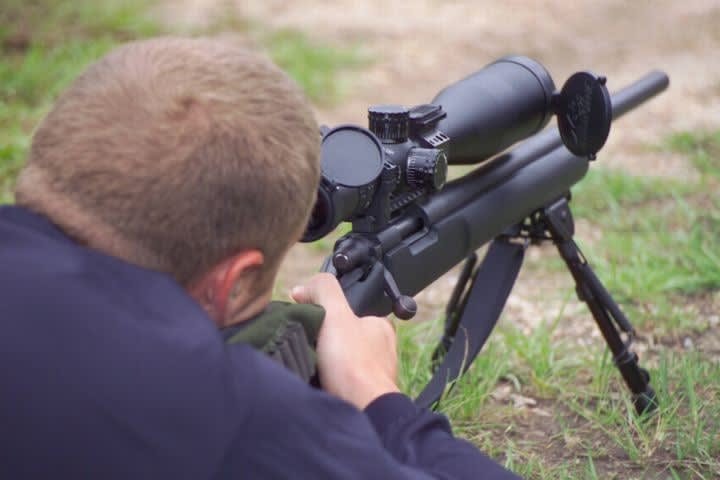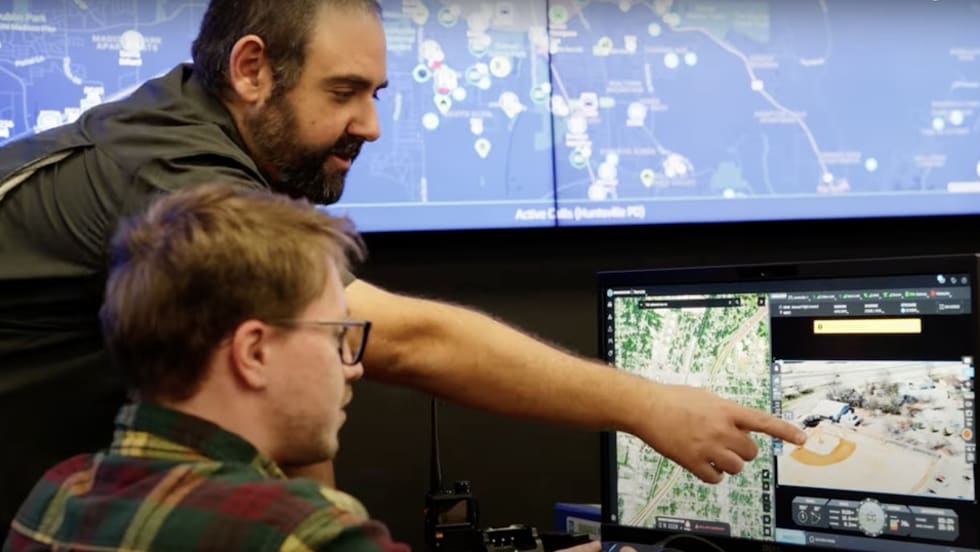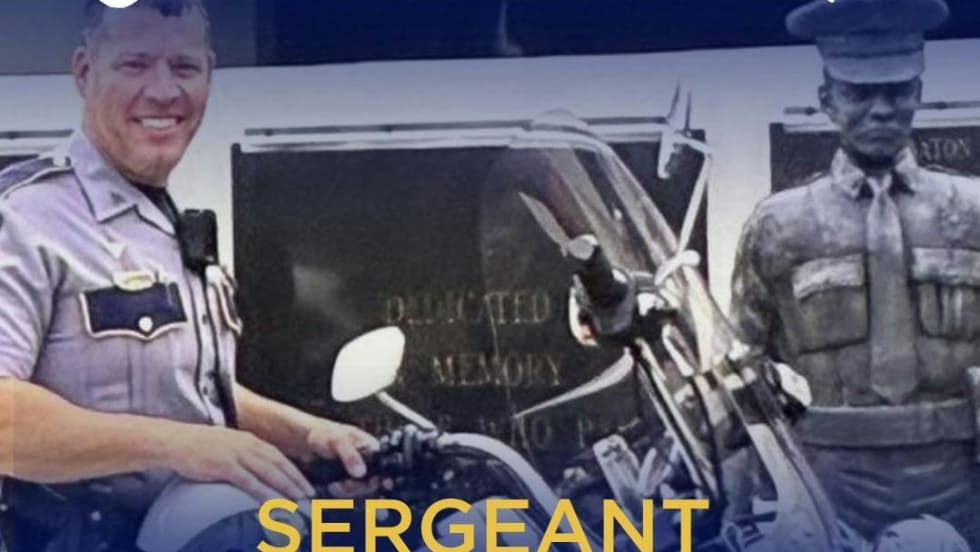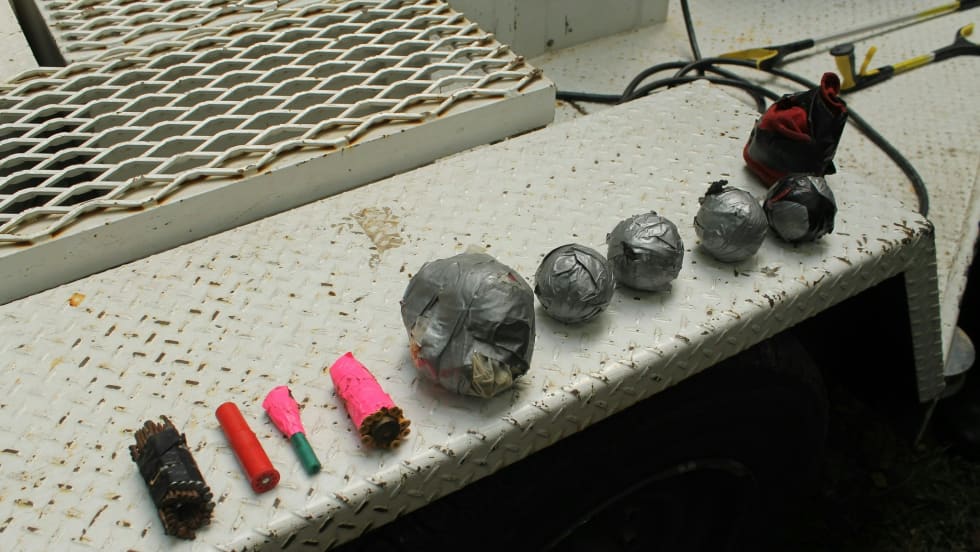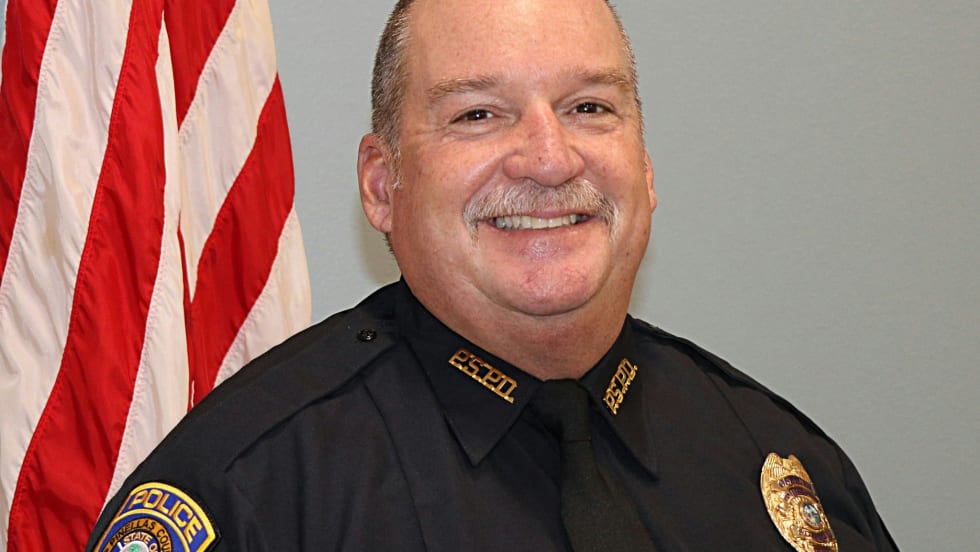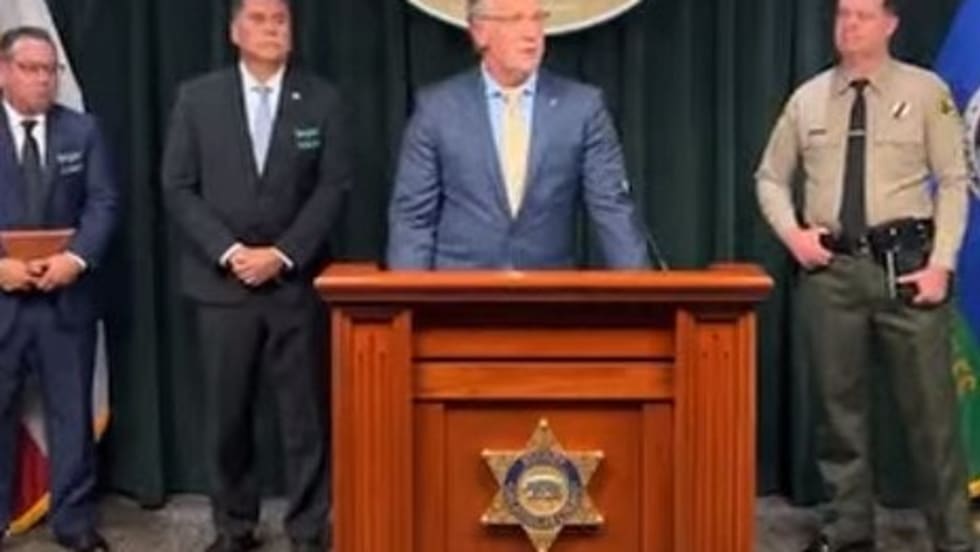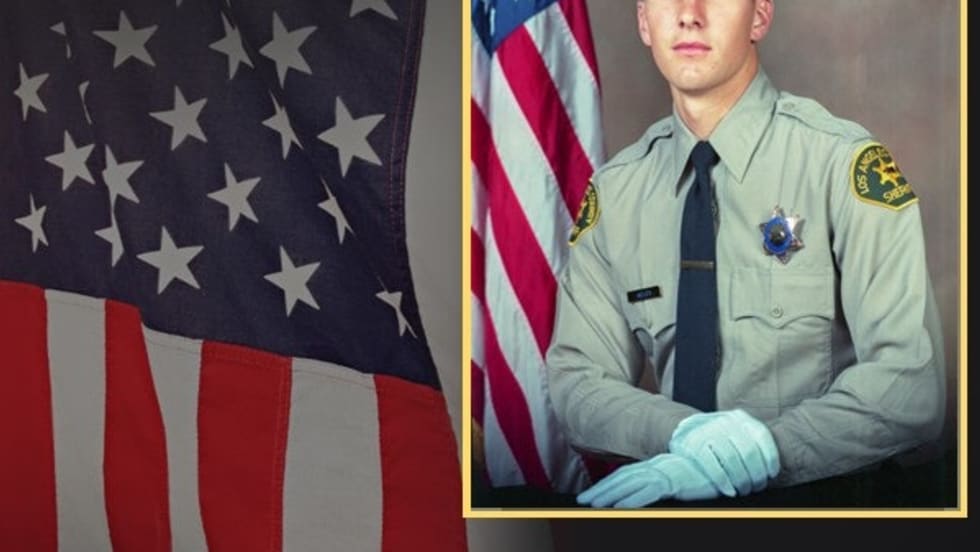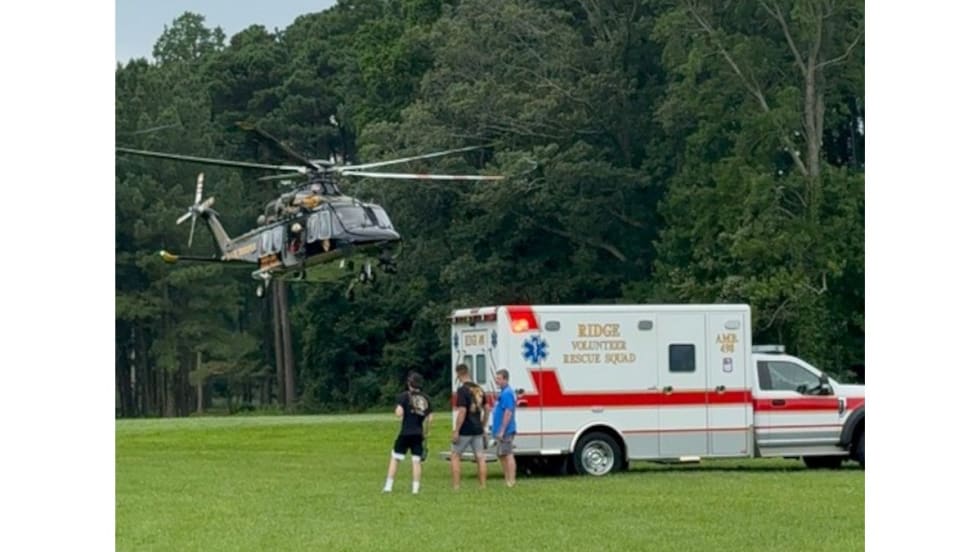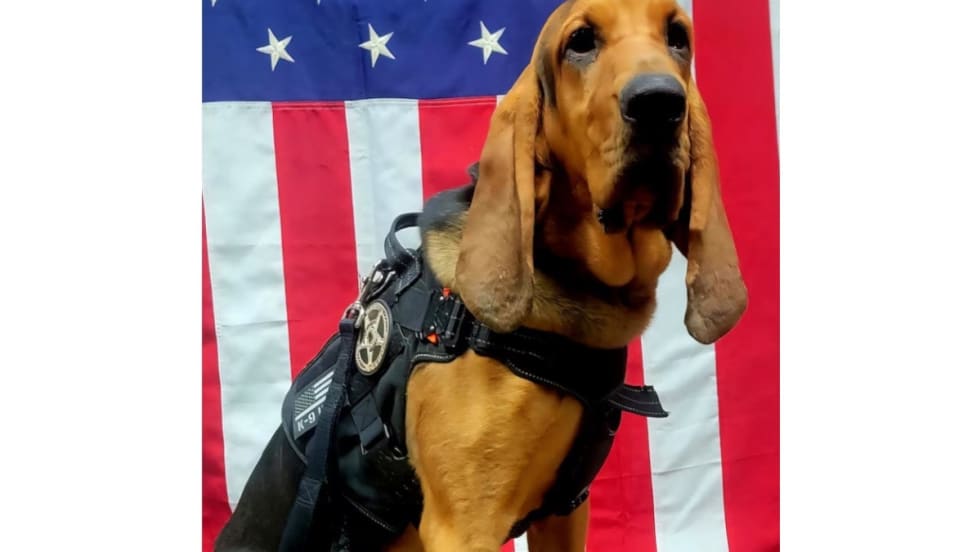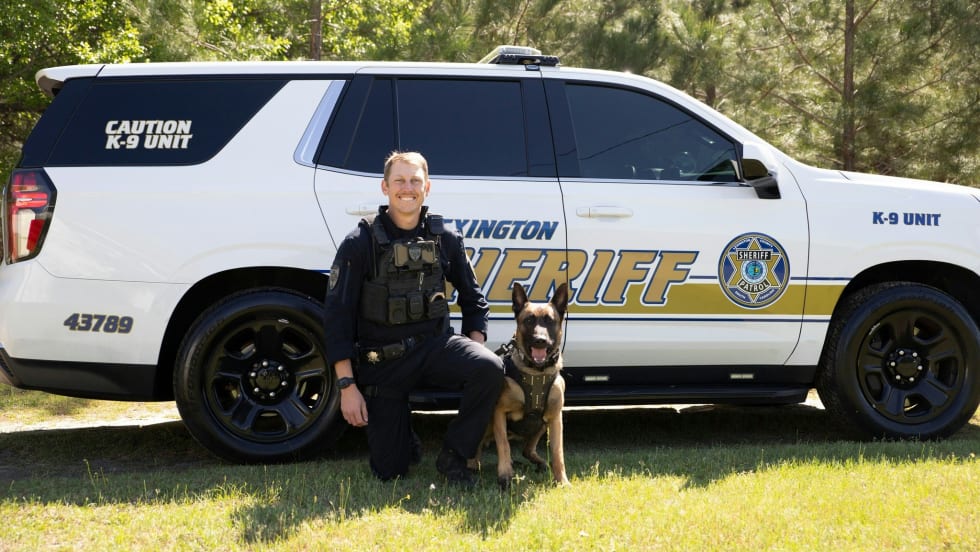The position of police sniper is one of the most unique and difficult in all of law enforcement. It carries with it high expectations and great responsibility. Yet, many agencies put little thought into setting a proper foundation for an effective sniper program.
The position of police sniper is one of the most unique and difficult in all of law enforcement. It carries with it high expectations and great responsibility. Yet, many agencies put little thought into setting a proper foundation for an effective sniper program.
To build an effective sniper program, you have to achieve three goals: You have to establish a clear mission statement, set operational policies, and implement procedures for selecting and training qualified personnel.
Long gone are the days when the team sniper could be appointed because he was too old, fat, or lazy to do entry work. Nor can he simply be the guy on the team who has his own rifle and does a little hunting. Standards and criteria need to be determined, and a thorough and consistent selection process must be followed in order to choose the best candidate.
The process of finding the right sniper candidate begins with knowing what to look for. A tactical team leader who is looking for a sniper needs to know what characteristics he should be seeking and why these characteristics are critical to the sniper’s execution of his duties.
Service Time
All sniper candidates should have prior police and SWAT training and experience. The reasons for this prerequisite are obvious. Time on the job helps a sniper understand the responsibilities of a police officer in a tactical situation, and SWAT training and experience give the candidate an inside-out perspective of the planning and execution of tactical operations.
Knowing what the team is doing, and why, will help the sniper understand his role. He will know from experience the planning and execution of a tactical operation. And he will realize that, as a sniper, his most important missions are to provide lethal cover and operational intelligence for his teammates.
Of course, any officer with a scope or binoculars and a good position could provide basic intelligence for a SWAT team. But it takes an experienced SWAT officer to know what kinds of information will help the team achieve its mission. By knowing the tactics of his fellow tactical officers, a good sniper can anticipate their moves and needs. No amount of schooling can replace this experience.
But that doesn’t mean that a SWAT commander should automatically make the most experienced officer into a sniper. A sniper candidate must be a volunteer.
Being a sniper requires extraordinary discipline and a dedication to the art. This is a job that is demanding, both physically and emotionally, and it requires skills that aren’t easily attained and can quickly diminish without practice. Only an individual who actively wants the position of sniper will do well at it.
Fitness Requirements
Excellent physical condition is also critical to the success of a sniper. In callout deployments, the sniper is expected to be totally self-sufficient and self-contained. All of the equipment he needs has to be transported to his hide by him. Walking, climbing, and crawling during the execution of as talk while carrying an extra 30 or 40pounds of gear can be exhausting.
And the stalk is only the beginning of the sniper’s physical mission. Once in position, he must still establish a hide and work from it, providing information and lethal cover for the duration of the callout, often without relief. For hours, or perhaps days, he is expected to perform at a heightened state of alertness. This kind of recovery, endurance, and stamina requires a physically fit officer.[PAGEBREAK]
Beyond the physical demands of the job, there’s another reason why a sniper candidate should be fit. His fitness level speaks to his sense of self-discipline and commitment. A physically fit officer understands the need to work above and beyond the norm to maintain a standard of performance. And if he will work that hard to keep his body in shape, he can be expected to show the same level of commitment to being a police sniper.
Getting Inside Their Heads
Another characteristic of the police sniper that cannot be overemphasized is that he must be emotionally mature and stable. Obviously, this is not a job for a person prone to extremes in emotion or mood swings.
A good SWAT sniper needs to be very balanced. He has to be able to handle extremely stressful situations as routine. The responsibility placed on him is immense, and the safety of his team, hostages, and every other involved party could very well hinge on what he sees, says, and does under pressure. A good police sniper needs to recognize this and be able to deal with it.
Mental health and the ability to thrive under pressure are not the only reasons that a SWAT sniper has to have a good head on his shoulders. He has to be able to think fast on his feet, and he has to be adaptable and willing to learn.
The best SWAT sniper candidate is disciplined and driven, with a thirst for knowledge, which will motivate him to become a perpetual student of his art. He will be called upon to learn a wide variety of integrated skills, and long hours of independent study and practice will be required to supplement his formal training. His education cannot be limited to a day or two a month set aside for team training. Sniping is as much cerebral as it is physical.
A sniper also needs to be meticulous, and he needs a keen eye for detail. The primary function of the sniper is to gather and report information. A trained observer is expected to notice the tiniest details in a tactical environment. By paying attention to the smallest of details, he will notice the smallest of changes and that could mean the difference between life and death during a critical incident.
And a sniper needs to be articulate. This is an often overlooked trait, but it’s of great importance. Police snipers serve primarily as the eyes and ears of their tactical teams, and a sniper must be able to clearly and concisely report what he sees.
Often, a sniper must paint a word picture that allows personnel at the command post to see through his eyes. But he is not just a field reporter to the incident commanders. He’s also something of a guardian angel watching over his team. Through his optics, the sniper may see things that team members in close proximity to the target may not, and he has to be able to clearly explain to every member of his team exactly what is happening in his scope.
Communication skills also come in handy when the callout is over. After a critical incident, especially where shots have been fired, the sniper must be as proficient with his pen as he is with his rifle. The media, public, attorneys, judges, juries, civilian review boards, Internal Affairs, and countless others are going to read his reports. They are going to judge the correctness and legality of his actions based, at least in part, on what he writes.[PAGEBREAK]
In his report, the sniper must be able to transport his readers into his hide with him. The reader must be able to clearly see what the sniper saw, think what the sniper thought, and as a result, agree with what the sniper did. An officer who routinely writes poor or incomplete reports probably is not a good sniper candidate.
Putting it Together
There’s another aspect to the sniper’s mental makeup that is also critical but much more difficult to explain. I like to call it non-linear thinking.
Non-linear thinking is a blend of creativity, imagination, common sense, and reasoning, and it’s critical to the success of a SWAT sniper. Tactical situations are typically fluid, changing from minute to minute. In such an environment, abstract thinking is required to solve problems and plan strategies in a constantly changing scenario.
Consequently, a sniper needs to be able to assimilate data, put together disassociated scraps of information gathered from various sources, fill in the blanks, and draw correct conclusions. It’s this talent that gives the sniper the ability to act independently, without the need for someone to make every decision for him. This will come in handy in every phase of a tactical operation, from planning a stalk to executing a shot.
The Easiest Part
You’ll notice that I’ve discussed what’s required of a good SWAT sniper candidate for more than a thousand words now, and I haven’t mentioned shooting talent. The reason for this is quite simple. Contrary to popular belief, it takes much more than rifle skills to be a successful sniper.
Don’t get me wrong. Good marksmanship is, of course, a plus in a sniper candidate, but it’s not a necessary prerequisite.
Shooting is a mechanical act, an acquired motor skill. A student with the ability and desire to learn can be taught the fundamentals that will allow him to be an accomplished rifle shooter. The same holds true for field craft skills. In short, your best sniper candidate may not be your best shot or your best woodsman.
Grim Reality
We’ve discussed all the aspects of a sniper that makes him such an important asset in a critical incident. He’s fast, agile, fit, keen-sighted, smart, observant, and he can analyze a situation and act on it without being told what to do.
But there’s one other thing that a sniper candidate has to bring to the job: the ability and willingness to kill.
Talking about this aspect of sniper duty makes some administrators squirm. But the bottom line is that a sniper maybe required to kill. Of course, any police officer may have to kill in the line of duty, but for snipers it’s different.
Most of us were taught from a very young age that it is wrong to kill another human being. Then in the police academy, we were slowly conditioned to accept that, under some circumstances, we might have to use deadly force. To reinforce that conditioning, we were sent to the shooting range and told, “When the target turns and faces, you will draw, and fire two rounds.”This, we learned, was to be our response to a life-threatening situation.
But the police sniper is faced with a different situation. In most cases, he sits in a hide, undetected by his potential target. From this position of relative safety, the sniper observes his target, perhaps for hours, creating a unique level of intimacy between the target and the sniper. Then if the situation dictates, the sniper will put his crosshairs on this individual and put a bullet between his or her eyes.
Not everyone is capable of the emotional detachment necessary to kill another human being in such a premeditated fashion. The ability and willingness to do so requires the sniper to work through a number of ethical, legal, and moral issues. Still, even in the face of extreme danger, some people can’t kill. And they should never be police sniper candidates.
The only person who can provide an answer to the question, “Will you kill?”is the sniper candidate himself. Self-examination and honesty now are of the utmost importance. Looking through your scope at a living target, with the lives of others in the balance, is not the time to finally admit to yourself that the answer is, “No, I can’t do it.”[PAGEBREAK]
An inability to kill in this fashion should not be looked upon as a reflection on the officer’s manhood or ability as a tactical team member. It simply means that he is not a good sniper candidate.
Selection Process
To identify the best sniper candidates among your volunteers, conduct a thorough selection process. Begin by screening applicants based on the characteristics that we have discussed.
Once you’ve identified officers who you think would make good police snipers, conduct background checks and review their service records. Pay special attention to supervisor evaluations, use of-force complaints, and the opinions of his peers. As a final step, have the candidate screened and evaluated by other snipers and team personnel. They will know what to look for and what to ask, better than anyone else.
Training Investment
Once you have selected a sniper candidate, the next step is to get him trained. Attendance and graduation from a recognized basic police sniper school (See “Finding a Sniper School” below) should be mandatory before any SWAT sniper becomes operational.
Allowing an officer to respond to callouts in a sniper capacity without some formal certification of his knowledge and ability is an unnecessary exposure to liability. Police sniper is a specialized position that requires specialized training, and any agency that wishes to add a sniper to its resources must be willing to invest in proper training.
The police sniper’s job demands far more than shooting talent, and his training will have to reflect that. A short list of some of the required skills includes the following:
• Marksmanship fundamentals
• Positional shooting
• Target identification
• Discretionary shooting—shoot/don’t shoot
• Low-light shooting
• Observation skills
• Reporting and communications
• Range estimation
• Site diagramming
• Camouflage and concealment
• Covert movement
• Hide selection and construction
• Team tactics
Basic training is only the beginning. The skills learned in a certified sniper training program will need to be mastered and maintained for the duration of the sniper’s career. This means a commitment, by the sniper and his agency, to regular, ongoing training.
Anything less is a waste of time for all involved. Any officer contemplating becoming a sniper must understand that selection is just the start of a journey. Full-time dedication to the art of sniping is a requirement for the job. Do not let an officer become a sniper if he or you are willing to settle for anything less.
The future of your sniper program will depend on the groundwork you establish in selecting, training and utilizing the snipers. Choose wisely and require your snipers to train hard. Your success or failure will be measured in lives saved.
Derrick Bartlett is a Ft. Lauderdale, FL police officer and SWAT sniper with 24 years of law enforcement experience. He is the managing director of Snipercraft Inc., president of the American Sniper Association, an author of “Staring at the Crosshairs,” available at www.wiisadbooks.org.[PAGEBREAK]
Psych Exams
There are two major pitfalls to using psychological exams as screening tools for police snipers, and you should be aware of them before you set policy.
The first problem is that it’s hard to find an appropriate exam to accurately evaluate a person for the unique blend of psychological factors needed to make a good sniper. After all, you are looking for a person who is articulate, dedicated, focused, disciplined, patient, skilled, deceitful, cunning, and deadly.
But the real problem is, what do you do if your candidate fails the test? Does this mean the officer is not qualified for police work? For tactical work? Or just to be a sniper? Does the fact that he has “failed a psychological exam” become an issue years later when the officer is involved in a critical incident like a shooting that could lead to a lawsuit?
Think about all the possible repercussions before you establish psych testing as criteria for SWAT sniper candidates.
Finding a Sniper School
Formal, certified training is mandatory for all new sniper candidates before they become operational. It should also be a part of the in-service training agenda for current snipers.
That means an agency that decides to field snipers must commit to a great investment in labor time and funding. Consequently, great care should be taken in choosing schools and training outlets that will give maximum return on your investment.
Unfortunately, not all sniper schools are created equal. The position of police sniper requires specific skills, but not every school teaches them.
To properly train your snipers, you need a program with teachers who are knowledgeable and experienced in the discipline of police sniping.
A high-quality sniper-training program teaches techniques, tactics, and philosophies that are recognized as safe, practical, and reasonable. It should also be realistic and relevant to the police sniper’s specific function as part of a law enforcement tactical team.
One of the best resources for finding such a program is the American Sniper Association (ASA). The ASA is the largest professional tactical sniper association in the country. It can provide referrals to nationally recognized sniper schools, and it offers a wide range of support documentation, written policies, and training programs. ASA also offers the only standardized accreditation program for police snipers.
For more information, contact the American Sniper Association at (863) 385-7835 or at www.americansniper.org.


